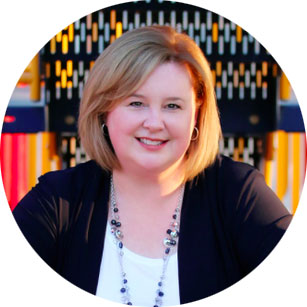1. Lunchtime Clubs
Chess, art, reading, and computer clubs are just some examples of the types of clubs schools offer during lunch or after school.
2. School Plays and Productions
There are many roles and jobs for students to take in school productions either behind the scenes or on stage.
3. Choir/Ban
Some schools have their own music classes which offer activities outside of the music program, but districts sometimes offer them as well (which includes all the schools in area). Check with your child’s school or district office for more information.
4. Sports Teams
School sports teams generally exist at lunchtime or after school. School districts may also offer district-wide sports teams.
5. School Helper
Students in older grades are often called upon to show leadership within the school. There may be a formal program in which students can participate in such as collecting attendance, making morning announcements, raising the flag, or helping with school assemblies. If a formal program is not in place, making suggestions doesn’t hurt!
6. Science Fair
This may be already be a mandatory event for some classes, but if it isn’t and your child has an interest in science, investigate ways in which he/she can participate.
7. Talent Show
There are many ways in which your child can participate whether he/she has a talent or working behind the stage.
8. Library Helper
Librarians, pressured by cutbacks, usually appreciate any extra help or support in the library at lunchtime or at recess.
9. School Newspaper
The school newspaper or school newsletter offers a variety of jobs for students to do such as writing, editing, layout, illustrating, stapling and delivering.
10. Field Trips
In some instances, special education classes might not offer field trips to same locations as other classes. Ask your child’s teacher or school administrator if your child can participate in a field trip in which you think would be a meaningful, educational experience.
Nicole Eredics is an educator who specializes in the inclusion of students with disabilities in the general education classroom. She draws upon her years of experience as a full inclusion teacher to write, speak, and consult on the topic of inclusive education to various national and international organizations. She specializes in giving practical and easy-to-use solutions for inclusion. Nicole is creator of The Inclusive Class blog and author of a new guidebook for teachers and parents called, Inclusion in Action: Practical Strategies to Modify Your Curriculum . For more information about Nicole and all her work, visit her website .

